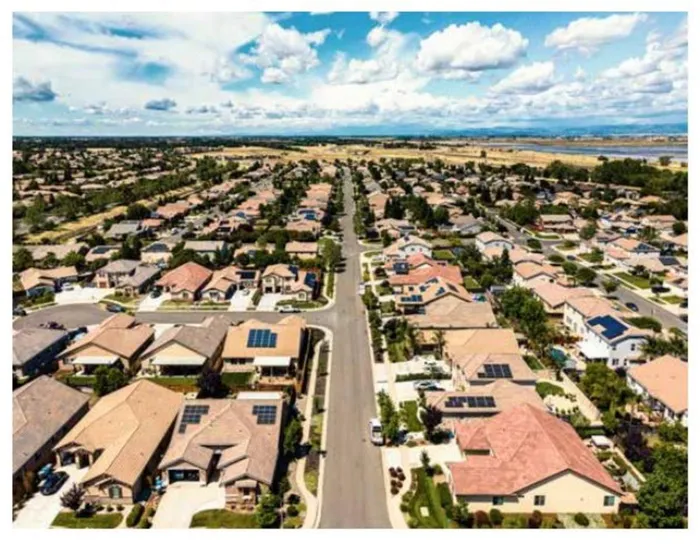Landlords must 'get real' about price expectations

The prevailing buyer’s market and the reopening of the real estate industry, could entice property investors in the coming weeks but they are warned against assuming this asset class is always a good long-term investment.
It takes more than just snapping up a property at the right time and relying on house-price growth to draw in the rewards. For property to be a good investment takes a combination of buying at the right time, ensuring “good” yields and having the necessary skills to manage that property properly, says FNB property economist John Loos.
“Buy-to-let investors will want to put a tenant in their property but they need to manage that tenant and the property in a way that ensures good yields. If this is not done well then property can be a bad investment.” Investors must look for good rental yields in comparison to the price they are paying for the property.
Loos says yields often rise in weak periods – and he expects such a rise over the next few years – making buying more attractive in many instances. But managing tenants in tough times is more challenging than in good times as they are under financial pressure. “So it is never plain sailing.”
The first PayProp Rental Index for this year was released this week and reveals that rental arrears have worsened, with further declines expected. In March, just over 20% of tenants were in arrears but this figure increased to almost 24% in April, says Johette Smuts, head of data and analytics at PayProp SA.
The average size of arrears jumped from 78% of monthly rent in March to 84% in April. “While we’ve already seen an increase in both the percentage of tenants in arrears and arrears as a percentage of rent in April, we expect May and June to be even worse. This and the debt recovery process will be influenced by the pandemic, lockdown levels and their duration.”
In addition, PayProp’s State of the Rental Industry survey revealed that almost 70% of participants reported that arrears were a bigger problem at the end of last year than the previous year – and 51% had at least one tenant evicted during last year.
“Tenants are battling with low income growth and a high level of unemployment, which has led to affordability challenges. This is made worse by high increases in living costs, such as medical care,” Smuts says.
Following lockdown, landlords are “finally” going to have to get real about their price expectations, says Lorraine-Marie Dellbridge, rental manager for Lew Geffen Sotheby’s International Realty in the southern suburbs.
She predicts a rental price decline and says landlords will have to think seriously about their investments and what they wish to achieve. “Masses of empty properties are no longer investments. They are liabilities.”
The belief that it is always a good time to buy property is untrue, Loos adds. “People often assume that the best time to buy is when the property market is booming, as that is when they see house prices rising, but that is not necessarily the time to buy. That is often a seller’s market. As an investor you want to buy when the prices are at their lowest.”
But those looking to take advantage of the current buyer’s market still have plenty of time as Loos says the road out of this recession will be a long one. Even after lockdown is over, normal recessionary conditions will mean the market stays weak.
In fact, “rock bottom” of the real price cycle – theoretically the best time to buy property – could still be a few years away. Predictions are that house-price growth will decline into negative territory this year, possibly as low as -14.5%, although this is the worst case scenario set out by Lightstone.
Its middle-of-the-road prediction, based on a GDP drop of 6%, is that house prices will decline by 8.8%. FNB forecasts a -6.15% decline. “The past few years have seen very low house-price growth as prices correct downwards in real terms – meaning that price growth has been lower than general inflation. I believe this will carry on for a good few years in a stagnant economic environment.”
In essence, buyers are likely to be in a strong position for the foreseeable future.
* Need a home loan? Let our team help you
https://www.iolproperty.co.za/mortgage_application_signup.jsp
Related Topics: